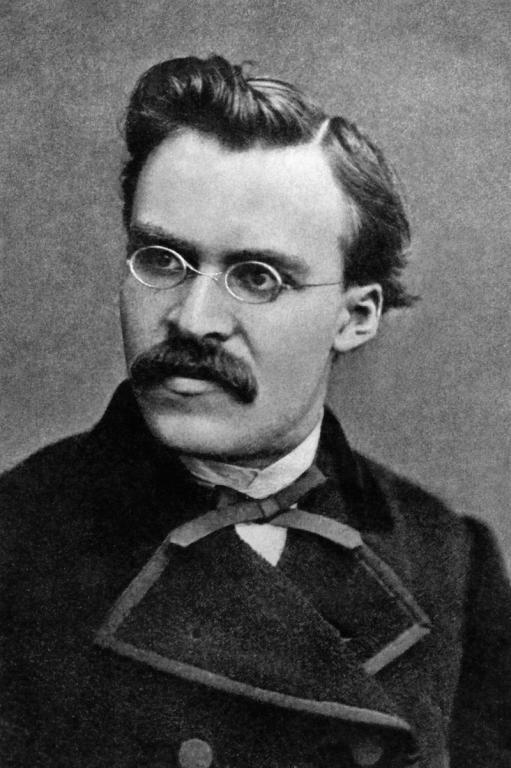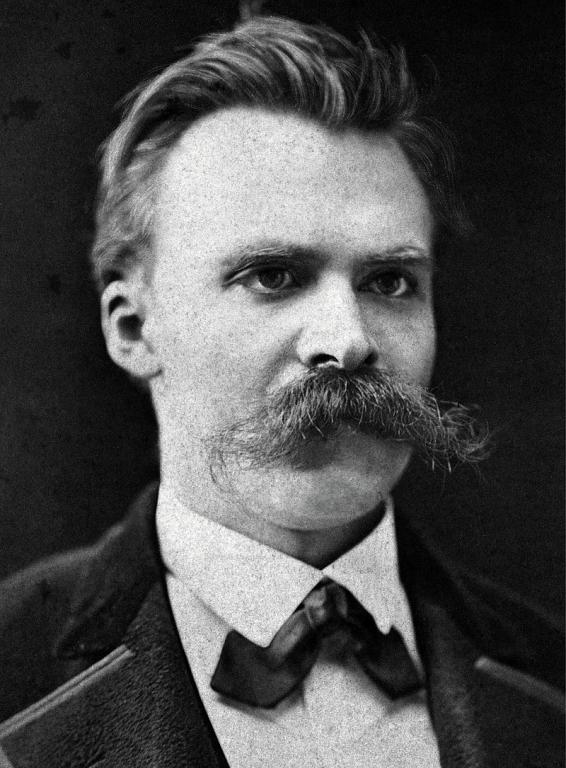 |
| RYGER / Shutterstock.com |
This post is part of a new feature from Patheos called Head to Head where our best minds debate the big questions of the day.
This week, I will be debating the Atheist Channel’s Ryan Bell of “Year Without God”. The question: does emphasizing the incomprehensible nature of god become an expression of atheism? Or put simply does religious faith require a personal God?
This topic was brought to us by James F. McGrath. You can see James’ thoughts at his blog, Exporing our Matrix.
—
To emphasize the incomprehensible nature of God is not strictly speaking to espouse atheism: Hindus, for instance, are not atheists, and they believe that there are numerous aspects of Hindu deities that are opaque to humans. Nor does one need to believe in a personal God in order to be religious: Buddhism, for example, is a religious system, and it does not teach the existence of a personal God.

Nevertheless at the same time the dominant teaching in my own tradition, Christianity, is that God is a person – three persons, in fact – and that God can be known and takes an interest in the affairs of humans. So to hold a view of God that emphasizes God’s incomprehensibleness to the neglect of God’s relational nature is to depict God in a way that as a Christian I consider to be disturbing and incorrect. To repeat, if by ‘incomprehensible’ one means that God is a cosmic force that envelops us, or a projection of our historical consciousness, or an ineffable vagueness about whom nothing definitive can be said, then one holds a view of God which for Christians is deeply at odds with the true nature of the universe.
To be sure, there are lots of Christian philosophers who have down through the centuries emphasized the incomprehensible aspects of God’s nature. St. Thomas Aquinas believed that we can only speak of God via analogy, recognizing that our language cannot describe God in the way that He really is. Mystics like Pseudo-Dionysus, Meister Eckhart, and John of the Cross spoke of their ineffable encounters with God in their religious experiences.
Yet even though these and other orthodox Christians emphasized that God is apart from the world – a being whose non-incarnated state is otherwise than this world – they all believed at the same time that God involves Himself in the world and that there are definitive things that can be said about God’s nature. As Christians their starting point was ‘perfect being theology,’ or the idea that God is the greatest conceivable being – that being for whom no greater being can be conceived. What this meant for famous medieval philosopher Duns Scotus was that God is a being in the same sense that we humans are beings: ‘God exists’ means the same thing as the assertion that some person exists. Of course, for Scotus and the others God’s nature is vast, magnificent, and grand in comparison to our own: God is, for instance, an omnipotent (all-powerful), omniscient (all-knowing), and omnibenevolent (all-good) being in a way that we are not.
Finally, when the Christian Scriptures teach that God is a person they describe God as a dynamic Lord, a faithful friend, and a loving Father. This is and ought to be a source of great comfort and strength. The knowledge that God is a person, that He loves and cares for us, and that He is interested in our goals and choices is a reason for us to be courageous in our daily lives.











